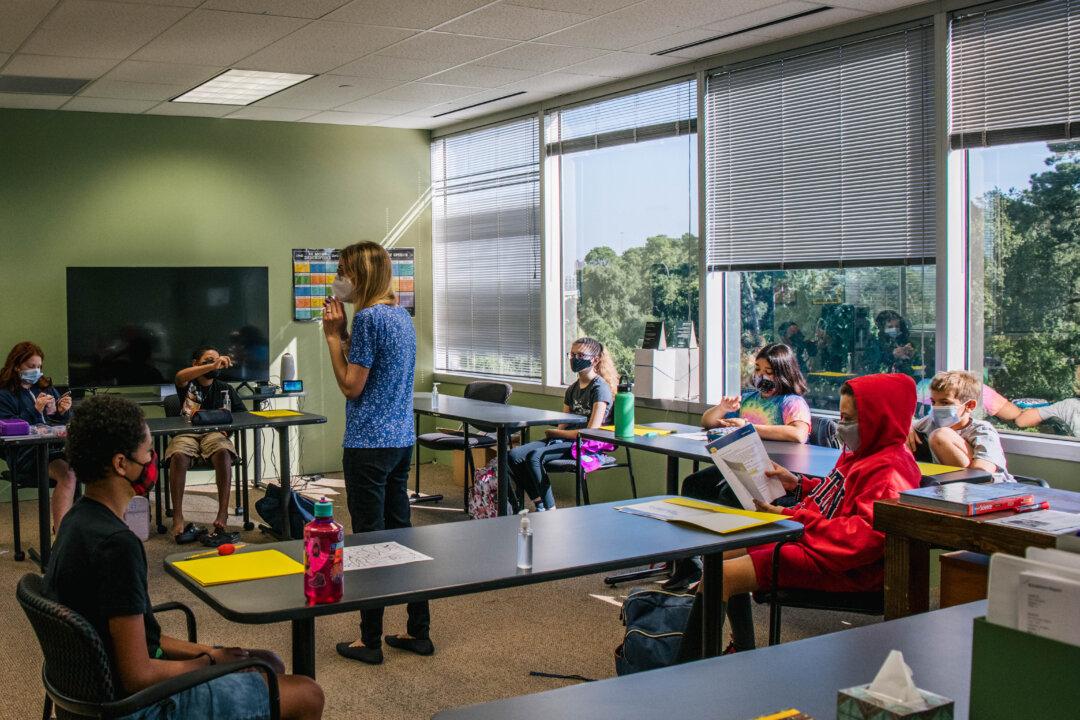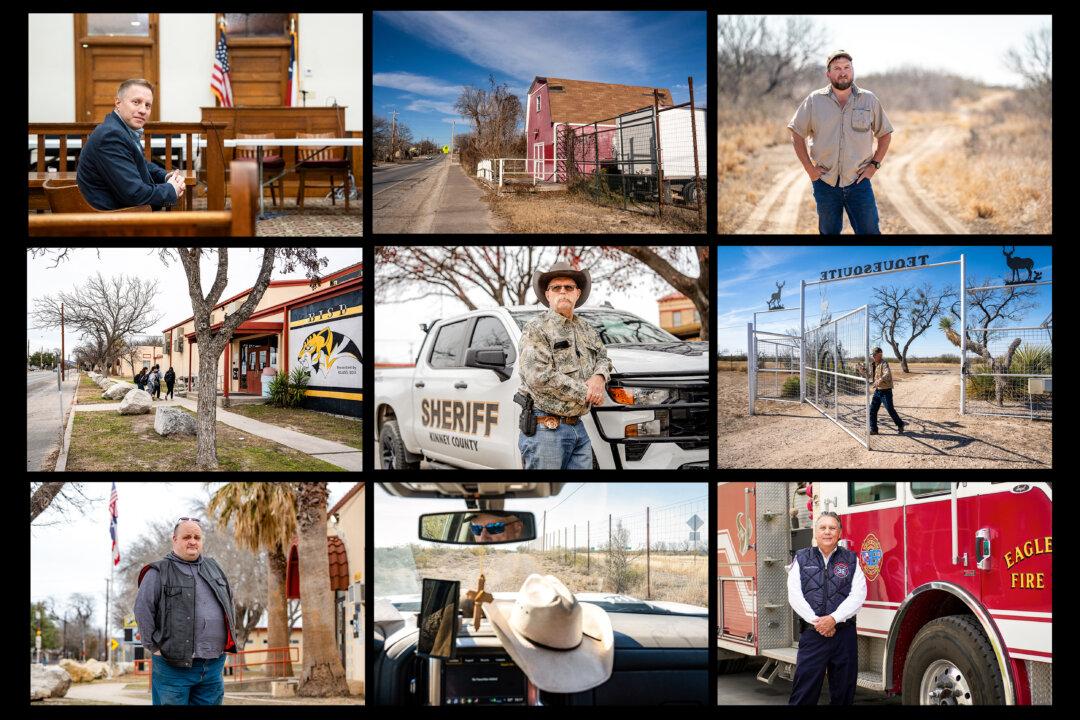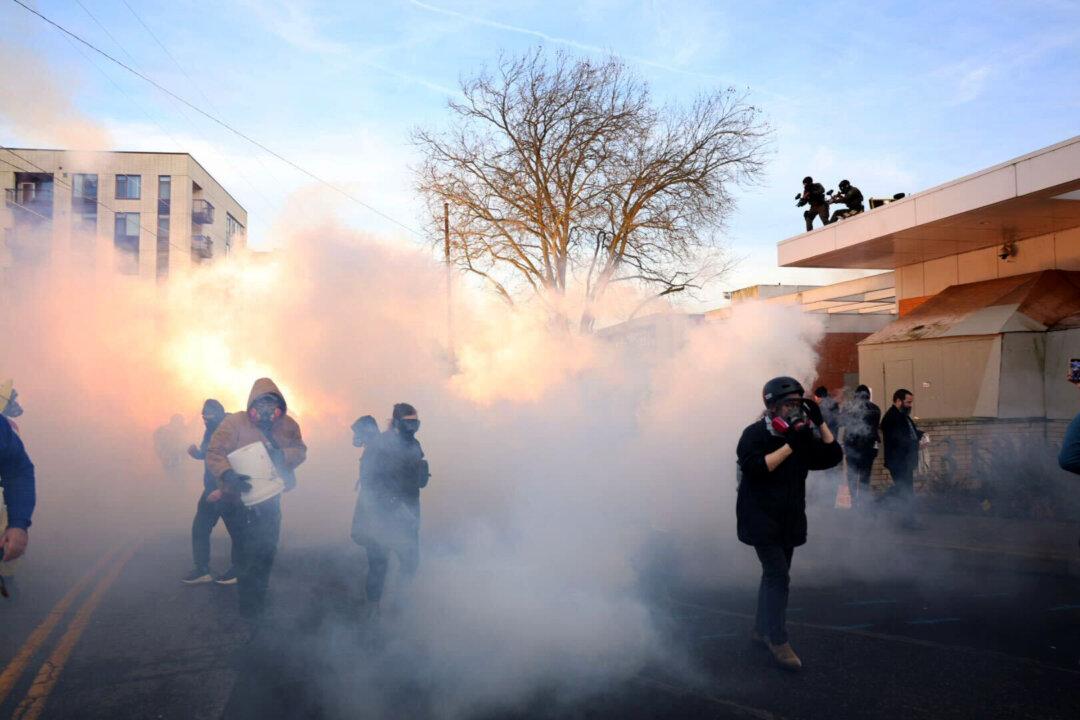The Texas Legislature passed history-making legislation that will allow chaplains to be employed or volunteer at public schools “to provide support, services, and programs for students.”
Senate Bill 763 was approved in the Texas House along party lines on May 9, after the state Senate passed the measure on April 25. Now, it’s poised to become law.





